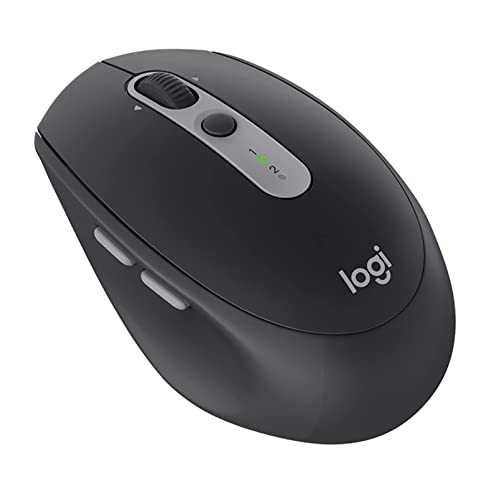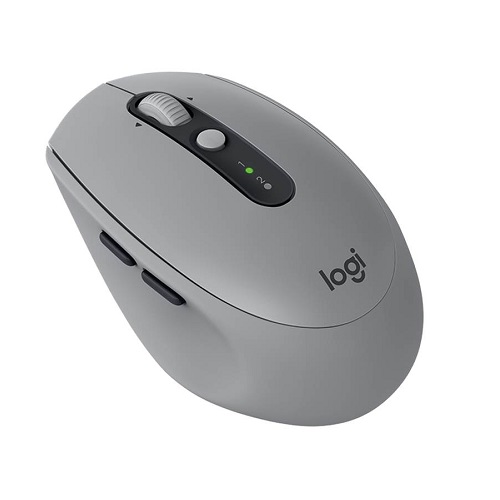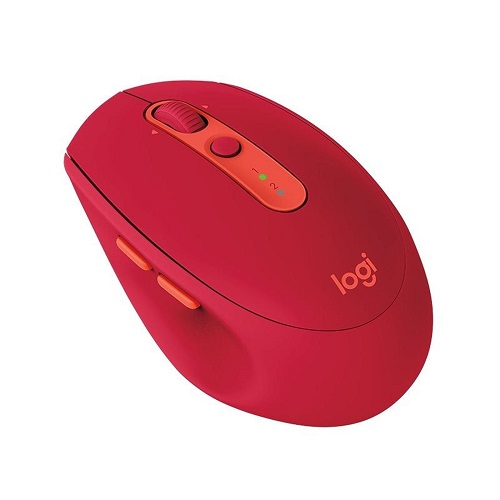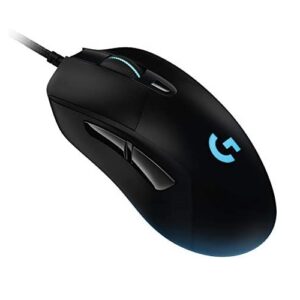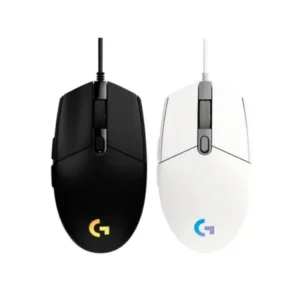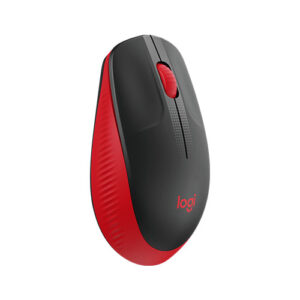Key Specifications and Connection Types
Wireless mice have transformed the user experience by providing convenience and versatility. An understanding of the key specifications and connection types associated with these devices is essential for making an informed choice. Wireless mice typically operate on two main frequencies: 2.4GHz and Bluetooth. The 2.4GHz connection is known for its stability and lower latency, making it ideal for gaming and precision tasks. On the other hand, Bluetooth connectivity, available in versions 3.0 and 4.0, offers greater flexibility, especially for users with multiple devices, allowing seamless switching between them.
Another critical aspect of wireless mice is their resolution, commonly measured in dots per inch (DPI). A higher DPI signifies greater sensitivity and precision. For optimal performance, many high-quality wireless mice feature a DPI range starting from a minimum of 1000, offering enhanced accuracy during operation. This high precision optical tracking system is invaluable for gamers and professionals who rely on detailed cursor control.
When considering the practical implications of a wireless mouse, users should take note of its connection range, which typically extends to approximately 10 meters (33 feet). This range allows for greater mobility during use. Additionally, battery life is a vital consideration, with some models boasting up to 24 months of usage on a single AA battery, minimizing the frequency of replacements and interruptions.
Many wireless mice include LED indicators that provide real-time information on battery status and connectivity, enhancing usability. Furthermore, the easy-switch feature often found on these mice facilitates quick transitions between devices, while channel functionality allows users to connect to multiple computers without the hassle of re-pairing. Together, these specifications shape the performance and overall user satisfaction with wireless mice.
Ergonomics and Physical Design Features
When selecting a wireless mouse, the ergonomic design and physical attributes play a crucial role in enhancing user experience and comfort, particularly during extended use. The dimensions of the mouse, specifically its height, width, and depth, significantly influence the user’s grip and overall handling. Typically, wireless mice vary in size to cater to different hand shapes and sizes, ensuring that users can find an option that fits comfortably in their hands.
Weight considerations are equally essential; a wireless mouse that is too light may not provide sufficient stability, while one that is excessively heavy can lead to discomfort over time. Manufacturers often utilize a range of materials for their wireless mice, including options in various colors such as black, red, and grey, allowing for personal expression alongside functionality. The material not only enhances aesthetic appeal but also affects grip and durability.
The design of the scroll wheel is another vital feature that contributes to ergonomic efficiency. A rubberized scroll wheel provides tactile feedback and improved traction, making navigation smoother, while tilt functionality allows users to scroll horizontally, increasing productivity in various applications. Moreover, the presence of mechanical switches—often totaling seven buttons—enables users to customize their experience, thus enhancing multitasking capabilities and overall efficiency.
Additionally, many modern wireless mice offer gesture support compatibility for both Windows and Mac systems, further adapting to the needs of different users. These ergonomic considerations culminate in a design that maximally enhances user satisfaction, allowing for prolonged use without discomfort or strain. In essence, investing in a wireless mouse with thoughtful ergonomic features can significantly improve both productivity and comfort, benefiting users in numerous contexts.
